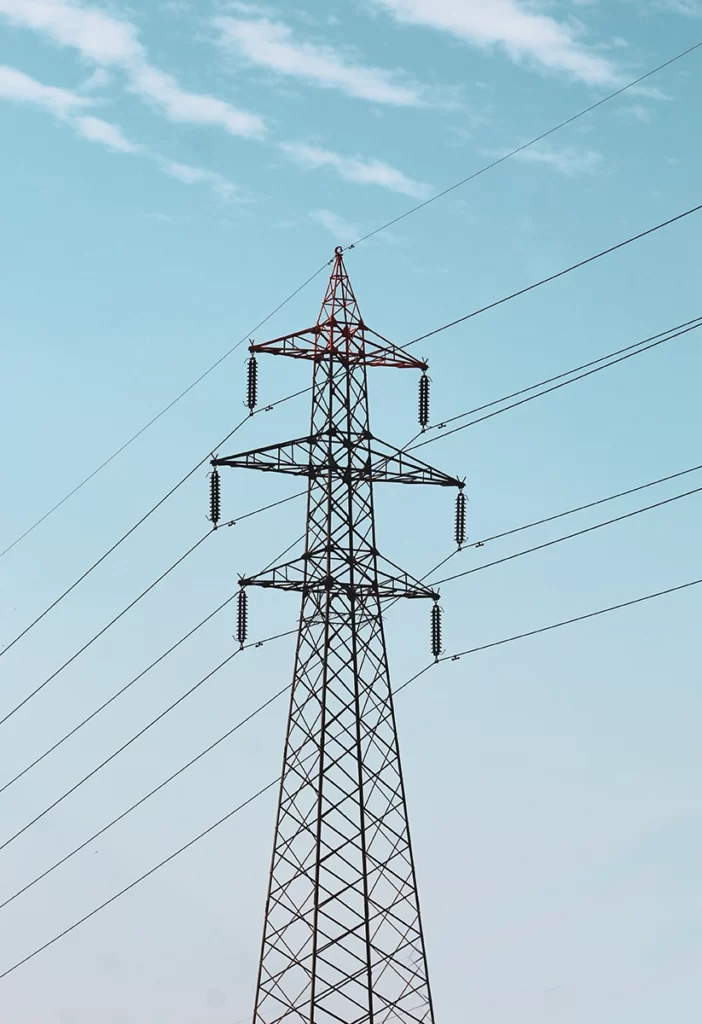
Sed pulvinar proin gravida hendrerit
Short description of the main objectives and features of the project. Lorem ipsum dolor sit amet, consectetur adipiscing elit, sed do eiusmod
News


Lorem ipsum dolor sit amet, consectetur adipiscing elit, sed do eiusmod tempor incididunt ut labore et dolore magna aliqua
Short description of the main objectives and features of the project. Lorem ipsum dolor sit amet, consectetur adipiscing elit, sed do eiusmod
Articles


Netus et malesuada fames ac turpis egestas
Short description of the main objectives and features of the project. Lorem ipsum dolor sit amet, consectetur adipiscing elit, sed do eiusmod
News


